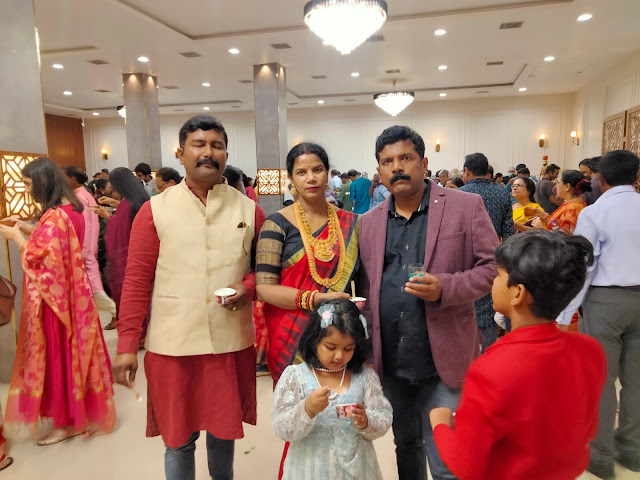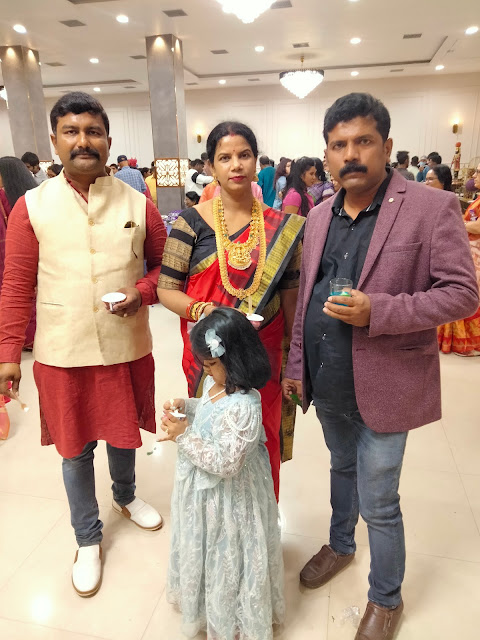1. Turn the following statements into exclamatory sentences.
b. These tips are very interesting.
2. Join the sentences using "not only ....... but also" and "as well as".
a. I am a student. b. My friend is a student.
3. Rewrite the sentences using 'too' in both the sentences.
a. This sum is so easy that anyone can solve it.
b. This sum is so tough that no one can solve it.
4. Analyse following the clauses.
i. a. The news, that he brought, was delighting.
b. The news, that India won the match, was delighting.
ii. a. It is a fact that man is mortal.
b. That man is mortal is a fact.
c. The fact is that man is mortal.
iii. a. Explaining, what's written in the Geeta, he has become famous.
b. Explaining, what's written in the Geeta, is not easy.
iv a. He worked hard so that he could clear the medical exams.
b. He worked so hard that he could clear the medical exams.
v. a. I know what he says.
b. What he says is known to me.
vi. a. I know where you stay.
b. I want to know where you stay.
c. I know that you stay there.
d. I know how you have done this..
e I know why you are doing exercises.
f. I know so that I can teach.
g. I know so much that I can teach well.
h. I know because I have studied hard.
i. He but knows the value of time, knows nothing.
5. Change the degrees of the adjectives and rewrite the sentences.
a. I know you more than him.
b. I know you more than he.
c. Never has the maintenance of the zoos been so important.
d. Mumbai is the busiest city in India.
e. Tokyo is one of the busiest cities in the world.
6. Add question Tags.
a. Let me do this now.
b. Let us do this now.
7. Find the difference between the pairs of sentences.
i. a. I could if I would.
b. I would if I could.
ii. a. He lost his cycle only.
b. He lost his only cycle.
iii. a. He can only speak English.
b. He can speak only English.
iv. a. John is more intelligent than any American.
b. John is more intelligent than any other American.
v. a. Kamla Das was one of the greatest Indian poets.
b. Kamla Das was one of the greatest Indian poetesses.
vi. a. As Sita is ill, she will not go to school.
b. Ill as Sita is, she will go to school.
vii. a. I am to do this.
b. I have to do this.
viii. a. I lived here for a decade.
b. I have lived here for a decade.
ix. a. The teacher will explain the poem shortly.
b. The teacher will explain the poem briefly.
x. a. Harish thinks little of your poetry book.
b. Harish little thinks of your poetry book.
8. Name and explain the figures of speech / poetic devices used in the above sentences.
a. Life depends upon the liver.
b. He is regularly irregular.
c. She the passed away.
d. Sweet are the uses of adversities.
e. I have spent 15 springs till date.
f. An honest ambassador lies abroad for the gains of the country.
g. He is sharpening the knife not on his sole, but on his soul.
h. O Death! Be not proud.
i. Death lays its icy hands on the kings.
j. Sceptre and crown must tumble down.
k. We addressed the Chair.
l. Your young mind can't feel this.

.jpg)













































.jpeg)

